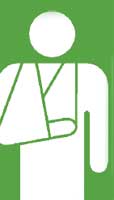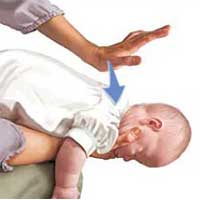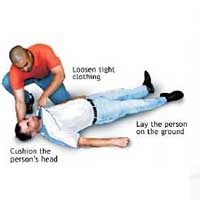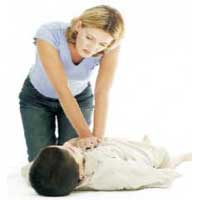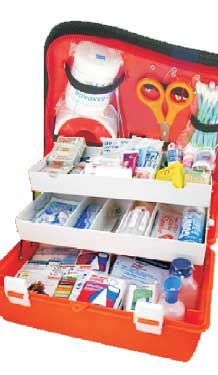1. The training
module is design as per St. John Ambulance and Red
Cross which is internationally practiced and topic
like disaster management, mass causality management
are added by Safety First as per the time requirement
and mock dill is done to give actual scenario practice
to give confidence to the students.
2. Training is conducted by Audio-Visual
method, with lots of practicals. This makes the
training more interesting, interactive and practical
oriented with better retention of knowledge.
3. The Cardiopulmonary Resuscitation
(CPR) training is given with the help of a unique
manikin which is the one of the very few available
in our country. This is a life saving procedure,
to be started within first 4 minutes when the casualty
has no breathing and no pulse e.g. in case of Electrical
shock, gas poisoning & heart attack.
4. An adequate time is spent on
Hand-On Training and practical skills. Like examination
of a serious patient, stretcher drill, C.P.R, art
of bandaging.
5. We provide the lecture note in
4 languages, English/ Hindi/ Marathi/ Gujarati.
7. Training Program conducted by
Dr Rita Savla herself.
8. The training program ends scenario practice-
mock drill with a written examination & the
list of successful will be awarded with certification
from Safety First
9. Certificate also helps to upgrade the CV- Bio-data

